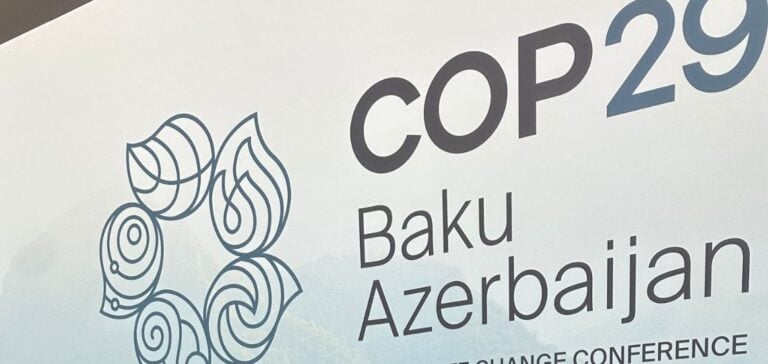The international climate negotiations organized by the UNFCCC (United Nations Framework Convention on Climate Change) have begun in Bonn. This annual meeting, which precedes the COP (Conference of the Parties), aims to resolve outstanding technical issues prior to COP29, scheduled for November in Baku, Azerbaijan. Simon Stiell, Executive Secretary of the UNFCCC, highlighted the progress made since negotiations began in 1992. However, he warned that despite these advances, the world is still heading for a temperature rise of 2.7°C, far from the 1.5°C target set by the Paris agreement. In his view, without these negotiations, humanity would be faced with a warming scenario of up to 5°C, a catastrophic situation.
The challenge of climate financing
One of this year’s major issues is climate financing. Developed countries, historically responsible for the majority of greenhouse gas emissions, pledged in 2009 to mobilize $100 billion a year by 2020 to help developing countries cope with climate change. This target was only reached in 2022, and current discussions are focusing on financing targets beyond 2025. Donor countries, mainly the West and Japan, are criticized for their tendency to provide loans rather than grants. What’s more, they are seeking financial participation from prosperous emerging economies such as China and the Gulf States, which is proving controversial.
Climate conditions and objectives in developing countries
Developing countries, for their part, are demanding that their decarbonization efforts be conditional on obtaining public funding from rich countries. By the beginning of 2025, each country must present enhanced climate targets, which will require increased financial support. Stiell stressed the importance of swift and significant climate action to achieve the targets set. He called on diplomats from nearly 200 countries present in Bonn to work together to overcome financial and political obstacles.
Outlook and expectations for COP29
COP29 will be a crucial moment to seal agreements on post-2025 climate financing. A consensus is needed to determine the amount of funds and their destinations, to ensure that efforts to decarbonize and adapt to climate change are adequately supported.
The international community must step up its efforts to limit warming to 1.5°C and avoid catastrophic scenarios. The financial commitment of wealthy countries, the participation of emerging economies and the conditionality of developing countries’ efforts are key to the success of this energy transition.






















